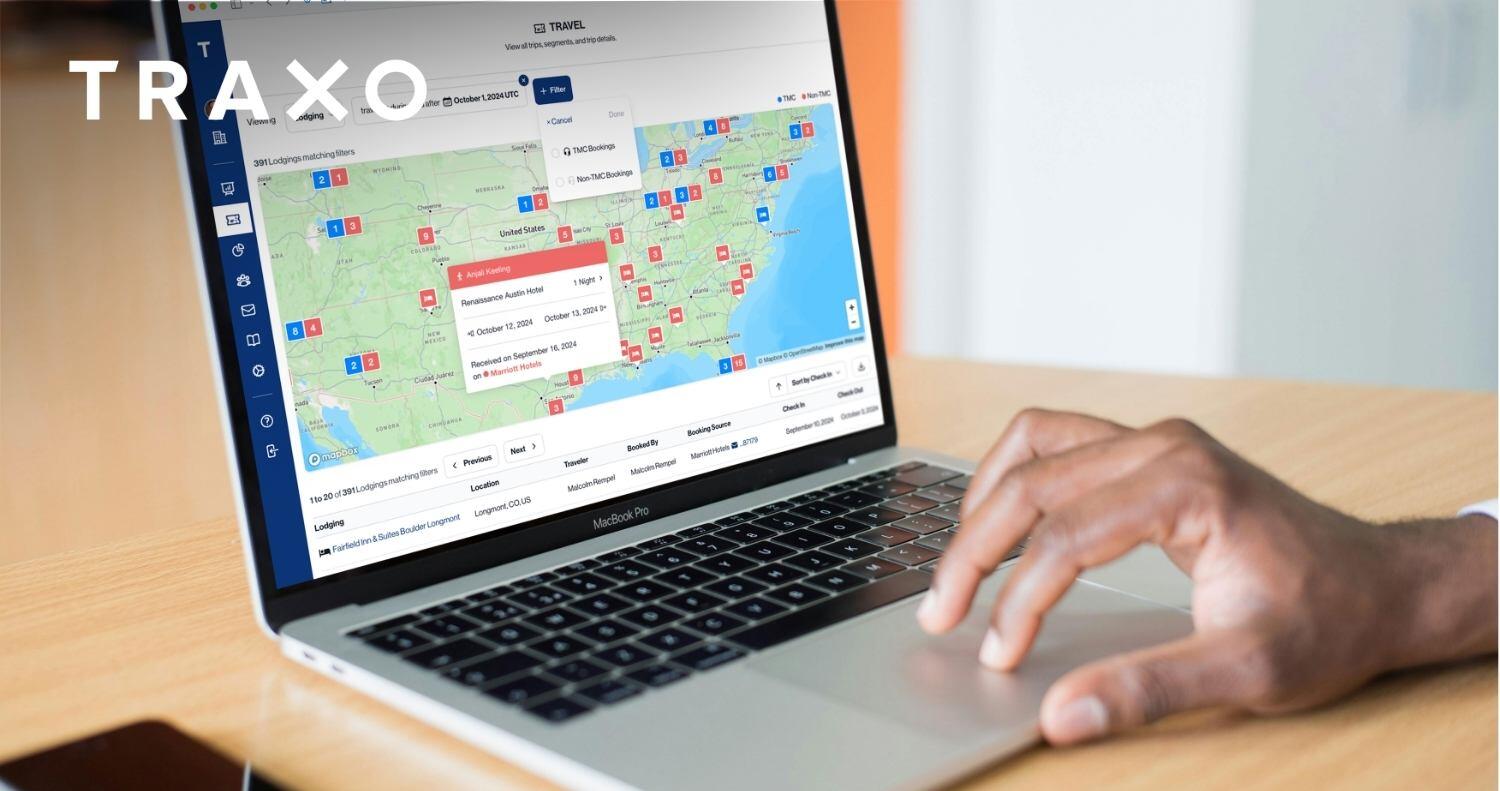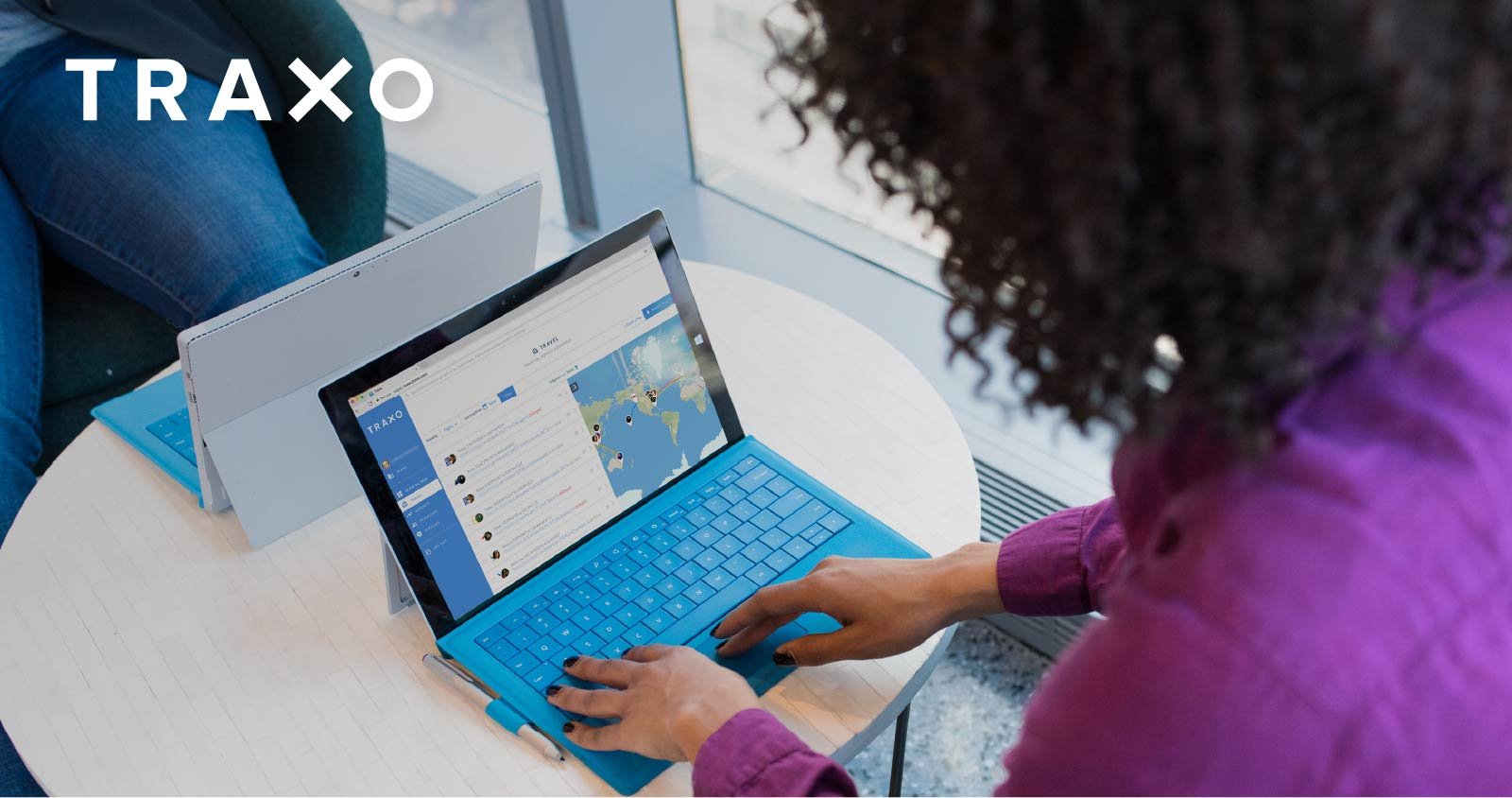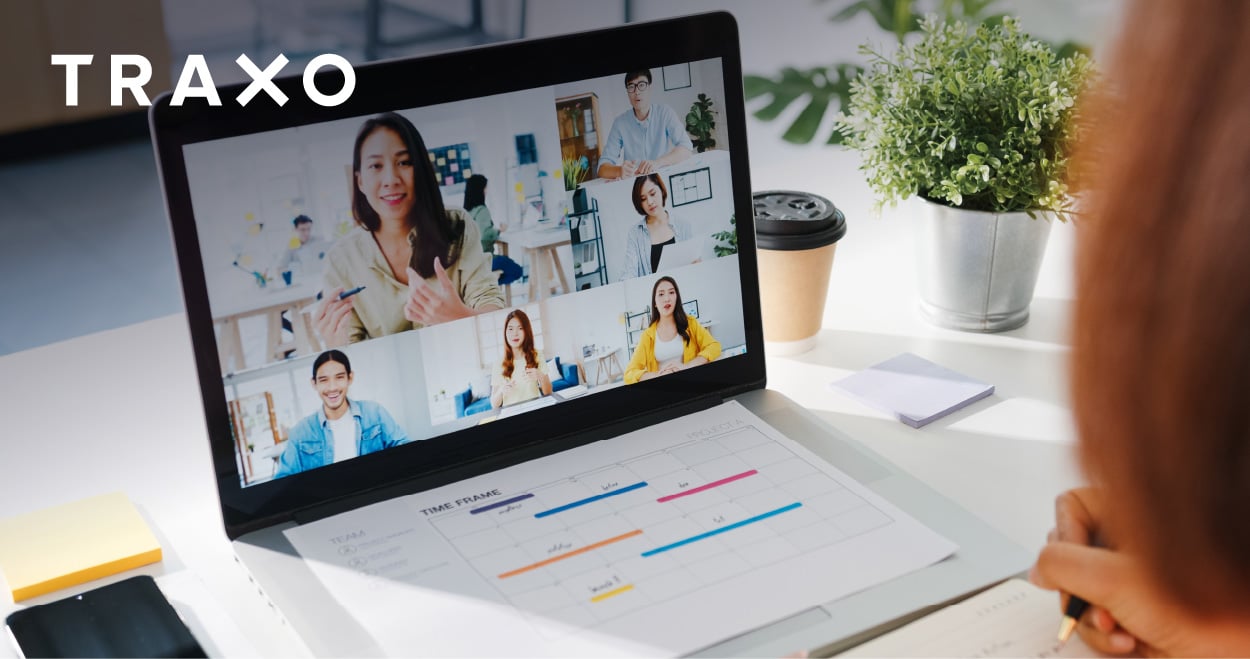Requests for Proposals (RFPs) have become part of a structured, annual process for many travel managers, while others only open discussions with suppliers as needed. While an RFP can be built for most services, this blog will focus on what you need to build an RFP for corporate travel services (e.g., hotel RFPs).
Regardless of the exact reason you have for building a travel management RFP, it’s essential to ask yourself if the ROI is likely to justify the work needed to make one. If you’re having trouble getting good rates, Traxo can help by aggregating corporate travel service data to make the process easier.
RFPs and the Part They Play in Corporate Travel Services?
What Is an RFP?
A request for proposal is a business document that announces a project, describes it, and solicits bids from qualified contractors to complete it. In some cases, RFPs are completed to re-negotiate rates with existing suppliers. Other times, they’re created when a new supplier has been identified as a potential fit for the organization’s corporate travel program.
For our purposes, we’ll be exploring RFPs written by organizations looking to make a deal with a Travel Management Company (TMC) for corporate travel services.
An RFP for corporate travel services should be prepared when:
- There has been a significant shift in your business — this could be through mergers & acquisitions, growth or downsizing, expansions into new markets or countries, or a change in your program or policy.
- Your organization is displeased with service or rates from existing preferred suppliers and you want to explore other options and move your business to different travel suppliers.
- Traveler satisfaction scores are dropping and your travelers are choosing to deviate from your program due to dissatisfaction with your current travel suppliers.
- Through data analysis, you’ve uncovered a new trend, such as increased bookings at suppliers which are not currently part of your preferred program.
The Pros & Cons of Going Out to Bid for Corporate Travel Services
Moving through the RFP process requires a significant amount of time and resources. Organizations with limited bandwidth to conduct an RFP process internally may wish to explore outsourcing the process to a third-party firm (like BTP Automation for hotel RFPs) or their TMC.
|
Pros |
Cons |
|
Establish new vendor partnerships and optimize existing partnerships |
Time-consuming and labor-intensive process |
|
Rate negotiations that lead to cost savings |
Without a travel data aggregator, it's difficult to obtain the complete data that you need quickly, especially if multiple data sources are involved |
|
Opportunity to shift travelers to preferred suppliers for improved savings, duty of care, and other travel management benefits |
Achieving executive and internal buy-in/consensus at different phases in the RFP process |
Jumpstarting Your RFP Process
Whether you work independently or alongside your TMC, it’s important to have the right data in place when requesting an RFP. Data is the critical element that supports your argument for deeper discounts and amenities, which directly impact your organization’s bottom line.
A great travel data aggregator can support your RFP efforts by ensuring you have accurate and complete visibility into your travel program data, regardless of the original booking source — TMC bookings, supplier-direct bookings and even those from OTA sites. This comprehensive information will help you identify the vendors your travelers prefer that you may not partner with, enabling you to bring complete data to the negotiating table.
What to Include in Your Travel Management RFP
Your RFP should be focused on your unique business goals and objectives. Throughout the document, focus on specifics that will be useful to the supplier category (i.e. if you are looking to negotiate preferred hotel rates, airline discounts, or car rental contracts) versus including broad-sweeping data on your entire corporate travel program. You will also need to determine if your bid is opened to all suppliers in the category or limited to a select vendor(s).
Your RFP should include the following information:
- Background information about your company, goals, and objectives. Include insight on which business needs you are looking to resolve by selecting a preferred vendor.
- Include questions about rates and volume-based discounts, SLAs, software platforms your team will have to use to work with the vendor effectively, etc.
- Data is king! Use data to illustrate your organization’s travel volume/patterns and draw correlations to your business needs and program priorities. The more volume you can show, the greater your negotiating power.
Tip: If your program doesn’t have significant travel volume, consider ways to shift your policies to increase volume and leverage more substantial discounts with a smaller pool of vendors. - Be forthcoming and reasonable with your timeline — outline when you expect supplier responses, when you’ll conduct review meetings, and your internal decision deadline.
- Indicate how many preferred suppliers will be chosen to participate in your company's travel program and if you will be selecting primary, secondary, and tertiary vendors.
- Responding to an RFP is time-consuming. As a courtesy, remember to notify each supplier of the bid's outcome, even if they weren’t selected as a partner.
If you're looking for a foundation for your next RFP, the Global Business Travel Association provides templates for hotel, airline, and car rental RFPs on their website.
Why Program Leakage Matters
Comprehensive data is a crucial component in the RFP process. The ability to accurately depict your unique business needs to both existing and new suppliers will impact your negotiations significantly. Suppliers expect you to be the source of truth behind your organization’s travel patterns and will seek to explore data analytics to support any verbal or written discussions before signing a contract.
Negotiating with suppliers with only a fraction of your booking data will not yield your organization the results or discounts that your program deserves. On average, program leakage equates to around 30% of organizations' travel. When conducting an RFP, this invisible spend often leads to missed savings opportunities.
Using Traxo to Build a Better Travel Management RFP
Traxo provides travel managers with a holistic program view. Watch our August webinar from the Travel Managers Office Hours that discusses crafting hotel RFPs quickly and optimizing hotel program spend. Traxo gives you access to the program insights necessary to build a compelling RFP — including real-time booking data regardless of the original booking source — in a consolidated format.
If your organization is ready to capture all corporate travel data for more effective RFPs and supplier negotiations, speak to a travel data consultant today.



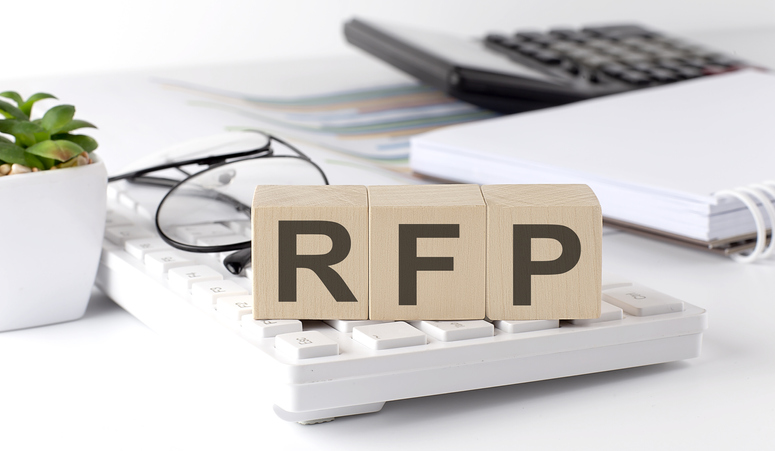
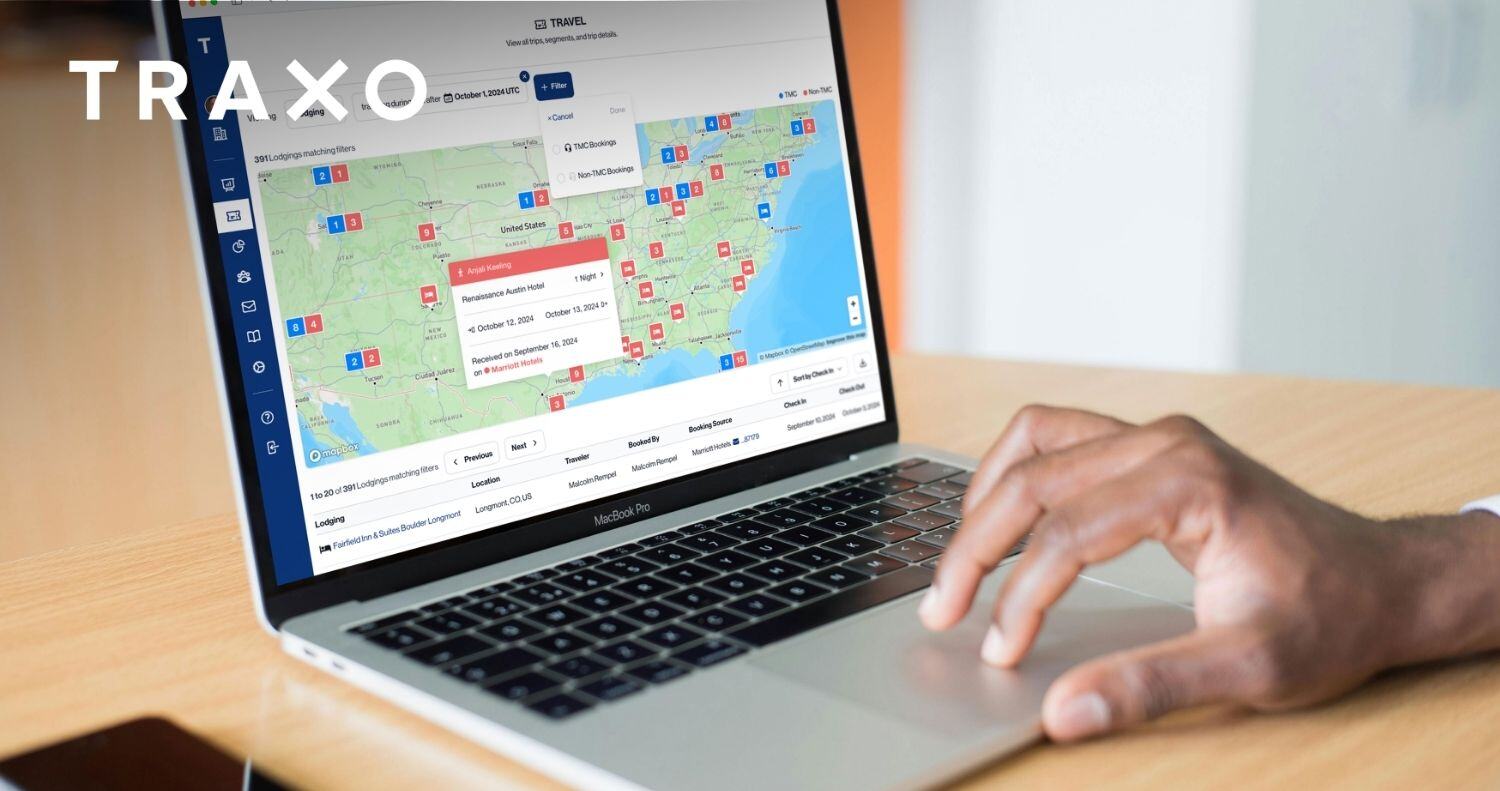

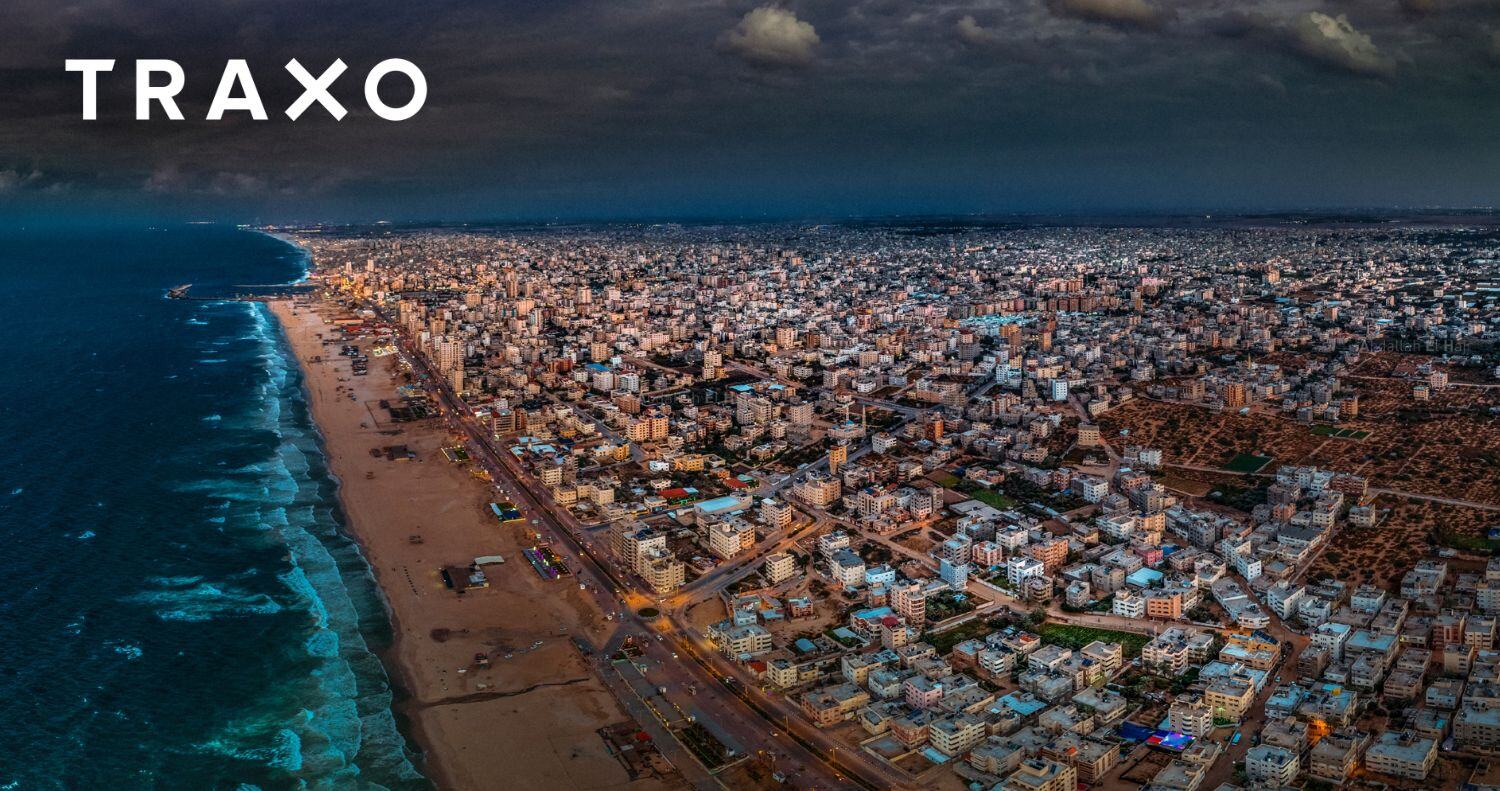
.png)

.jpg)
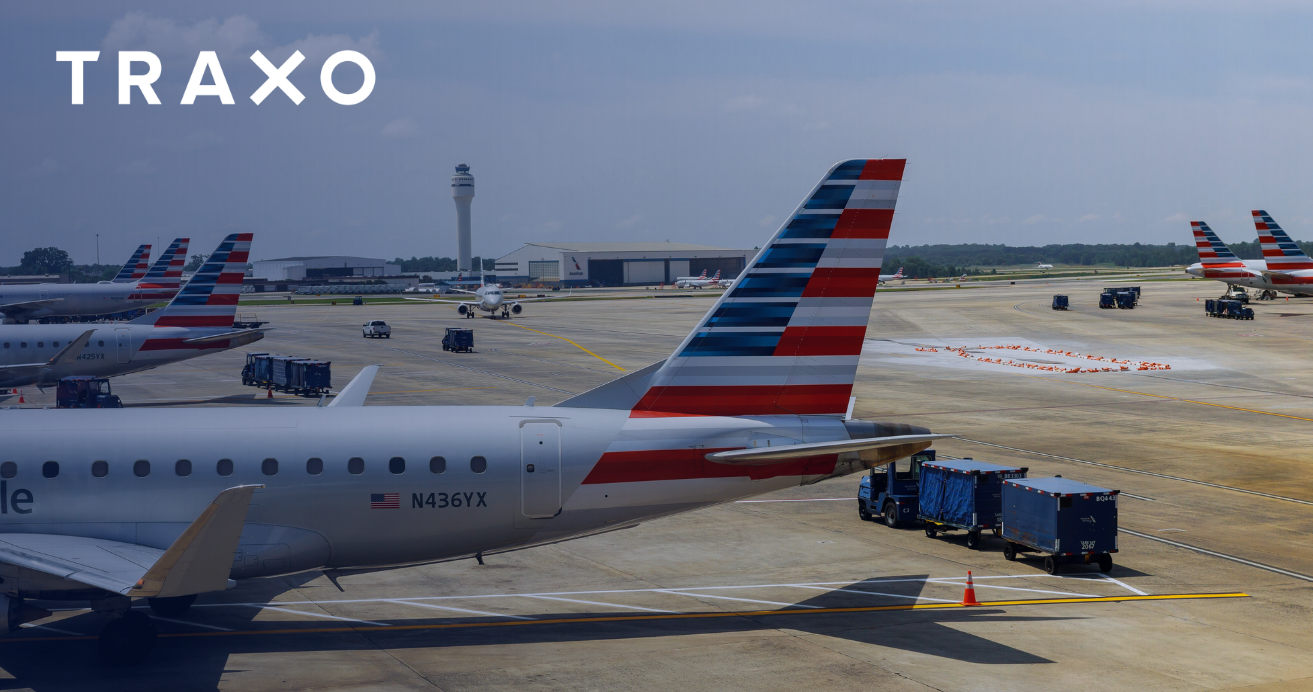
.jpg)
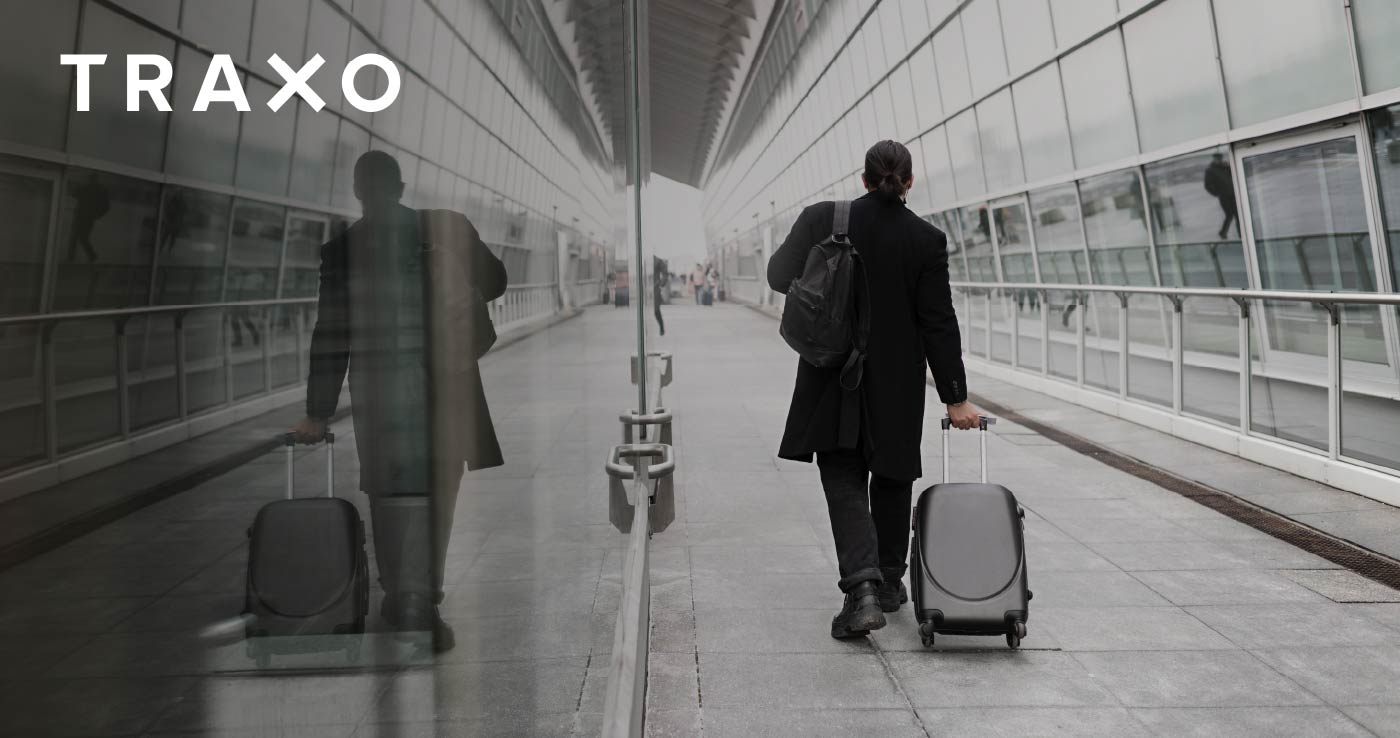

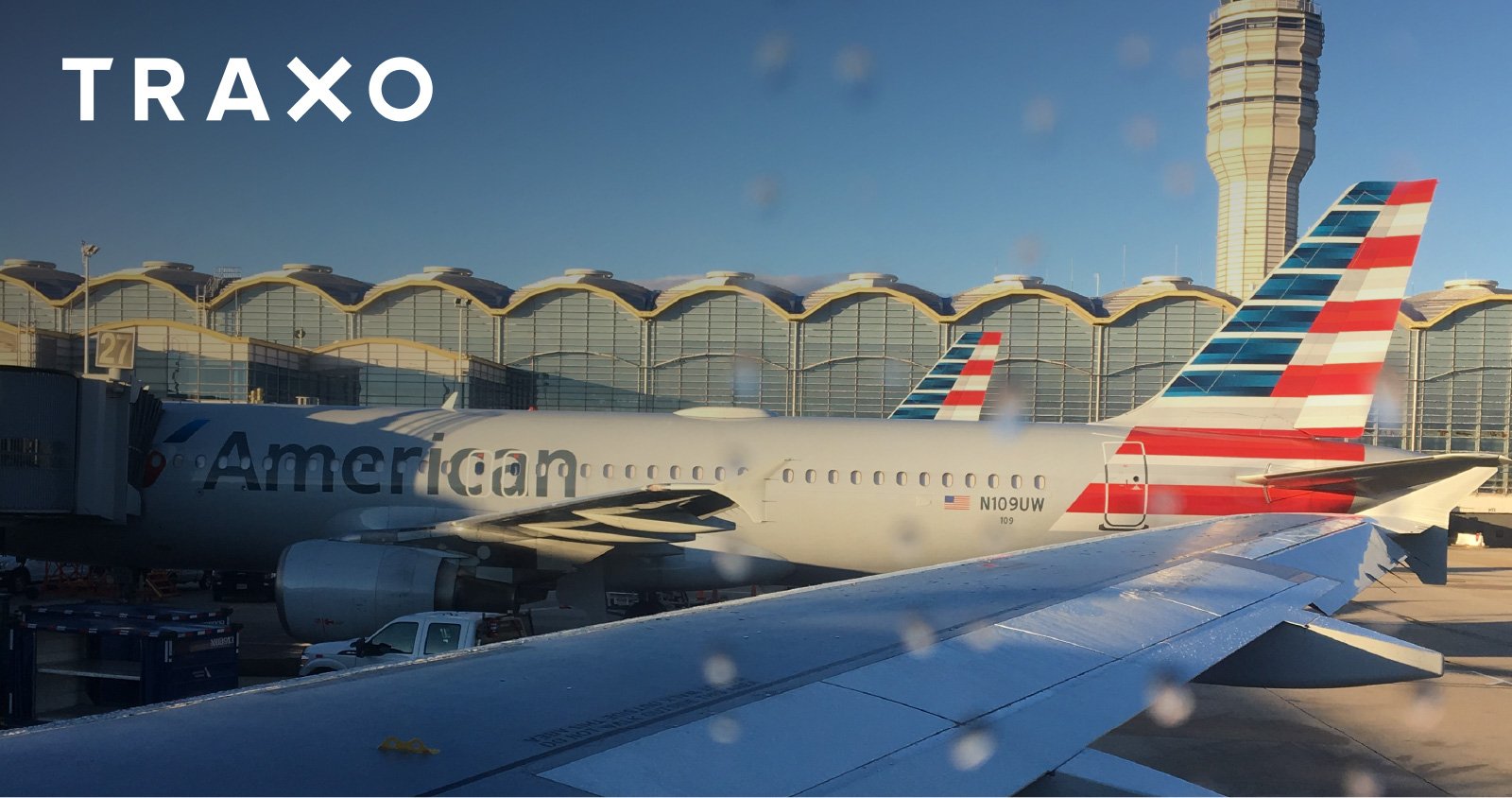
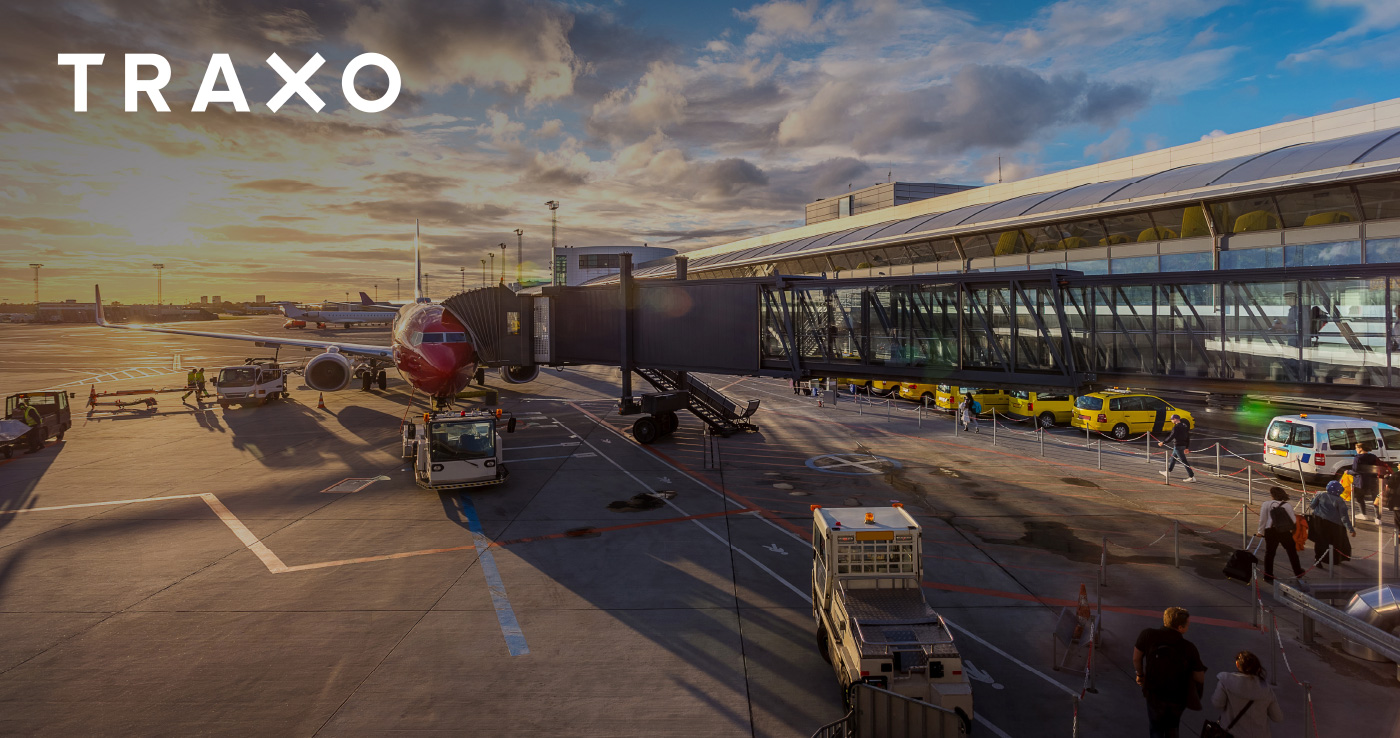

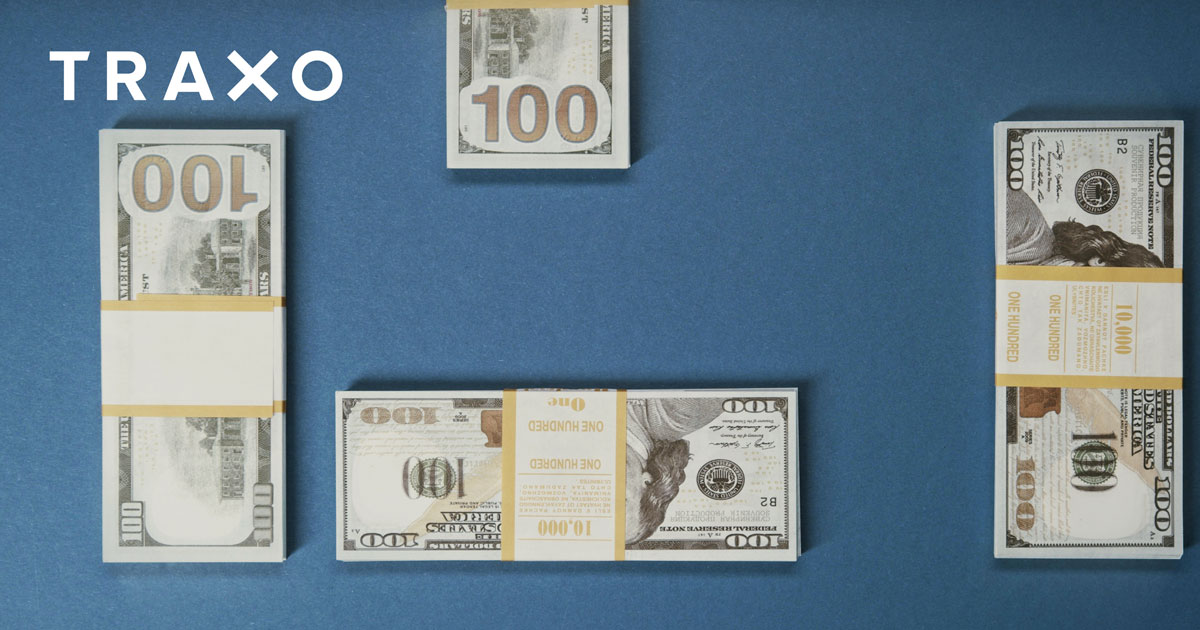
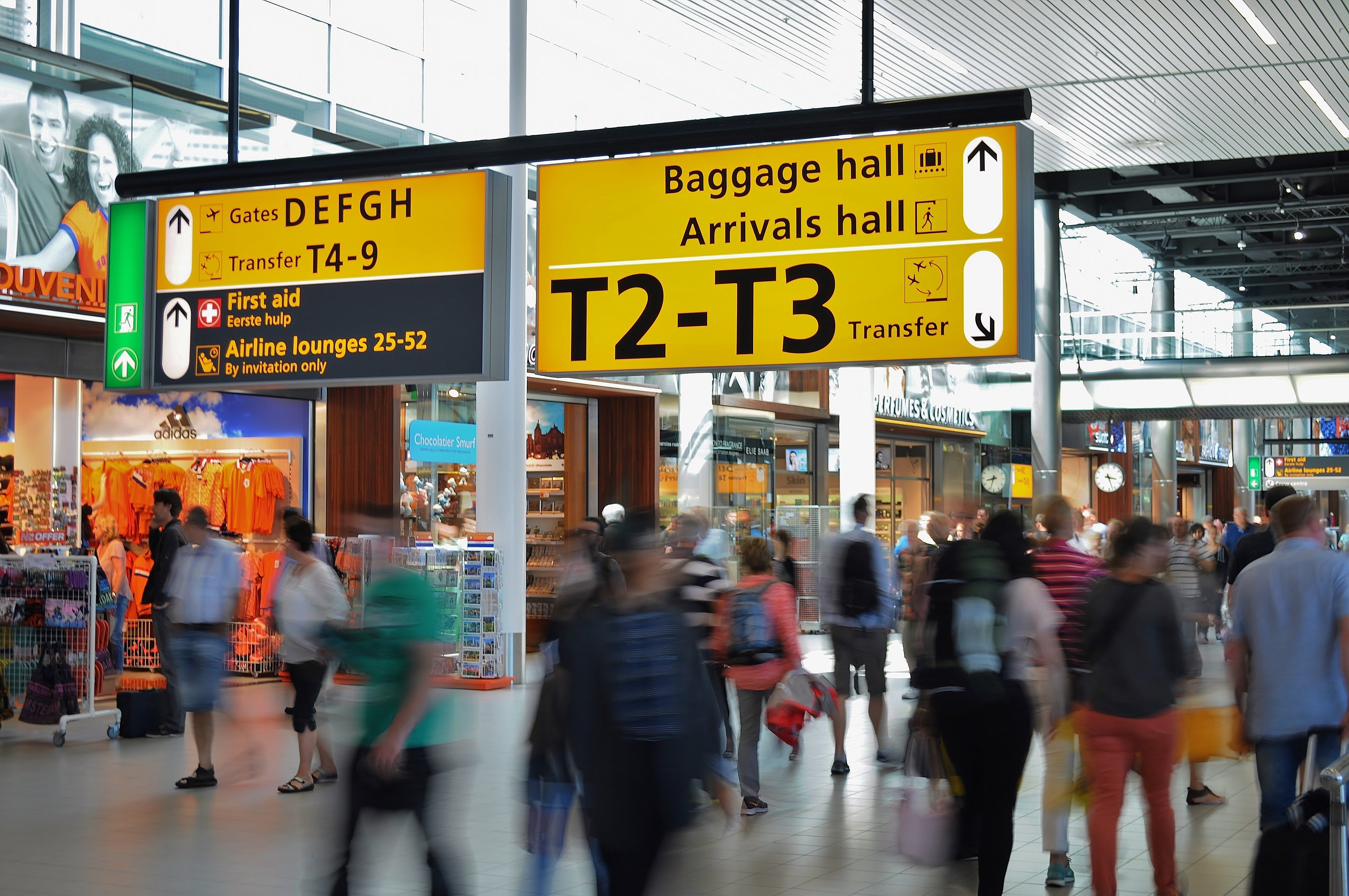



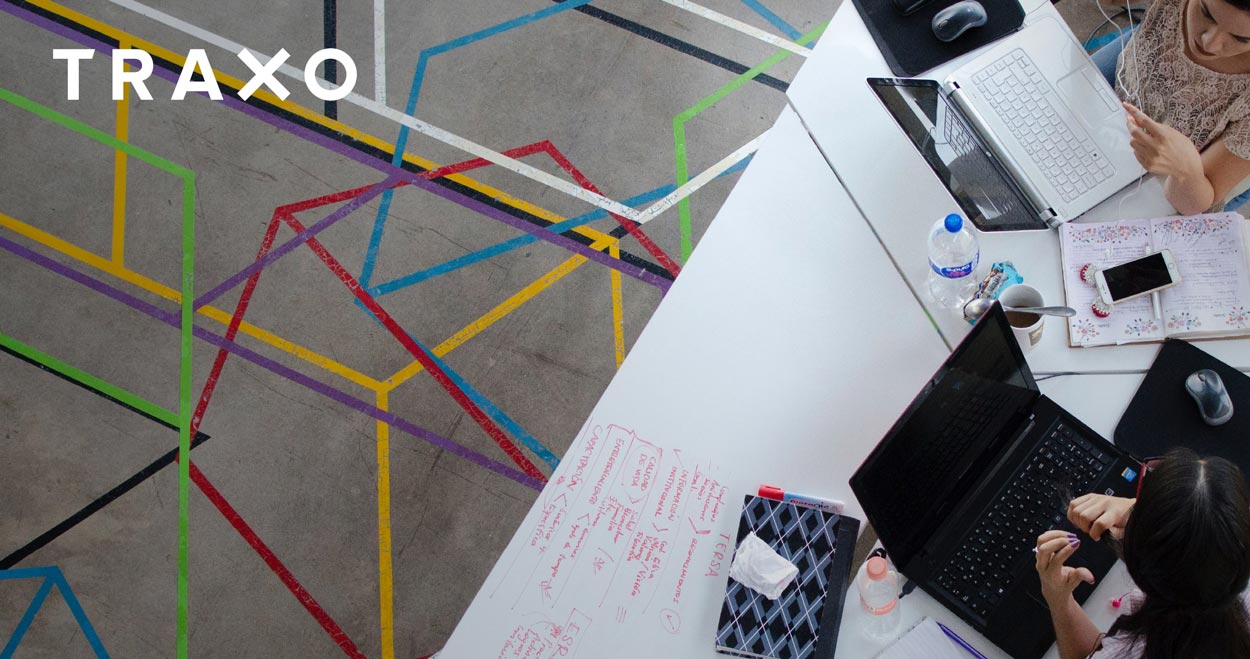
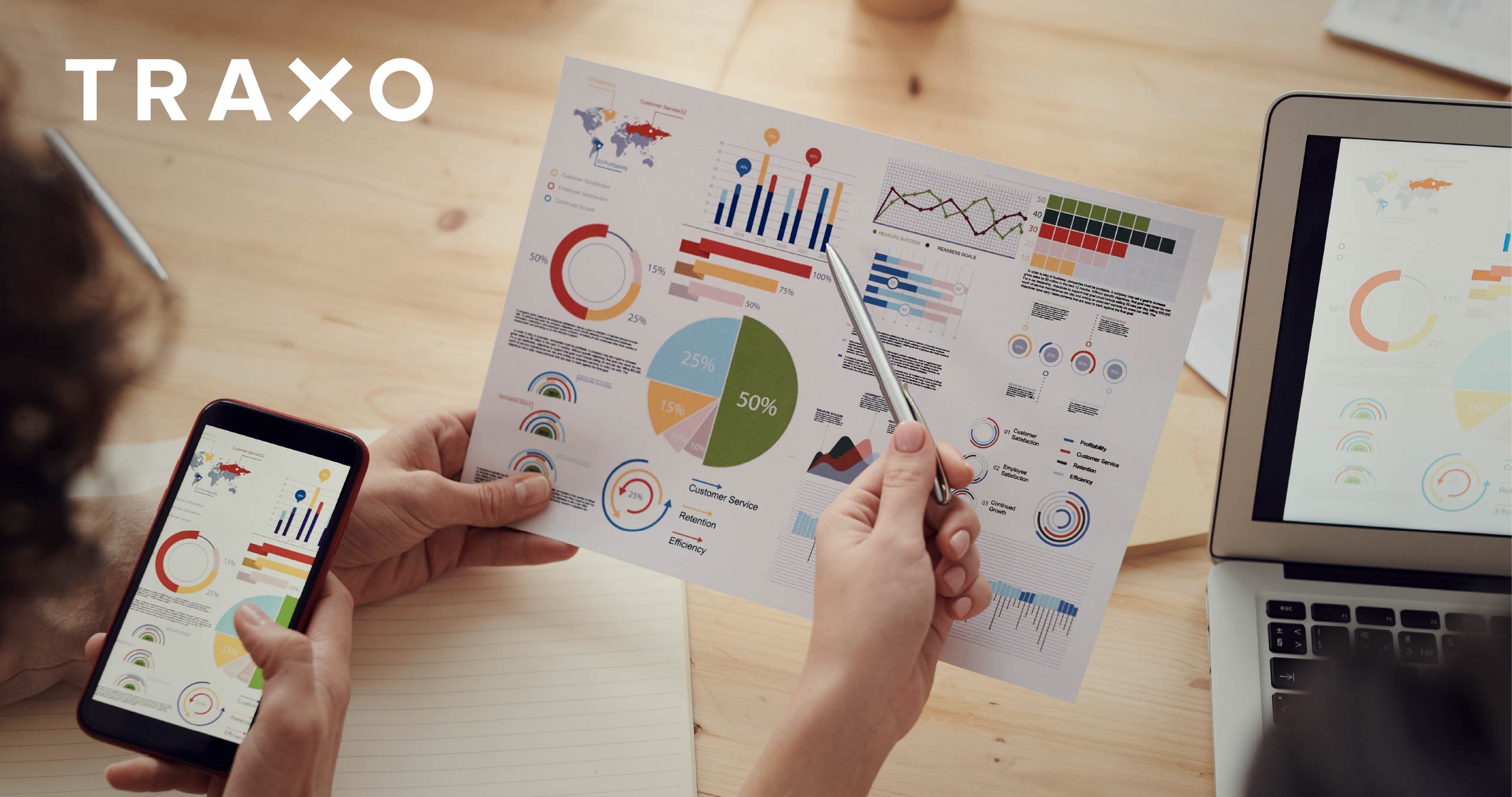
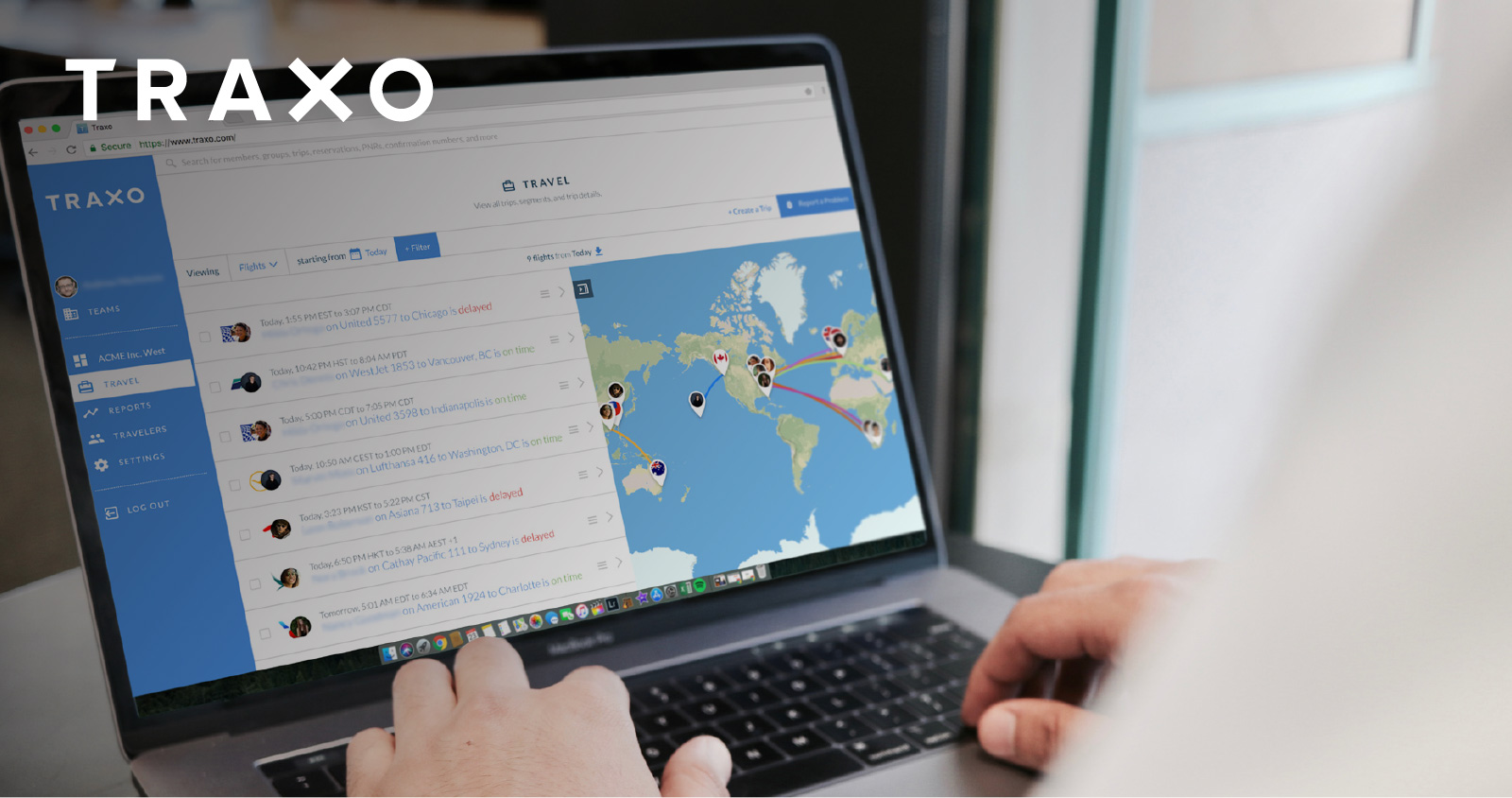

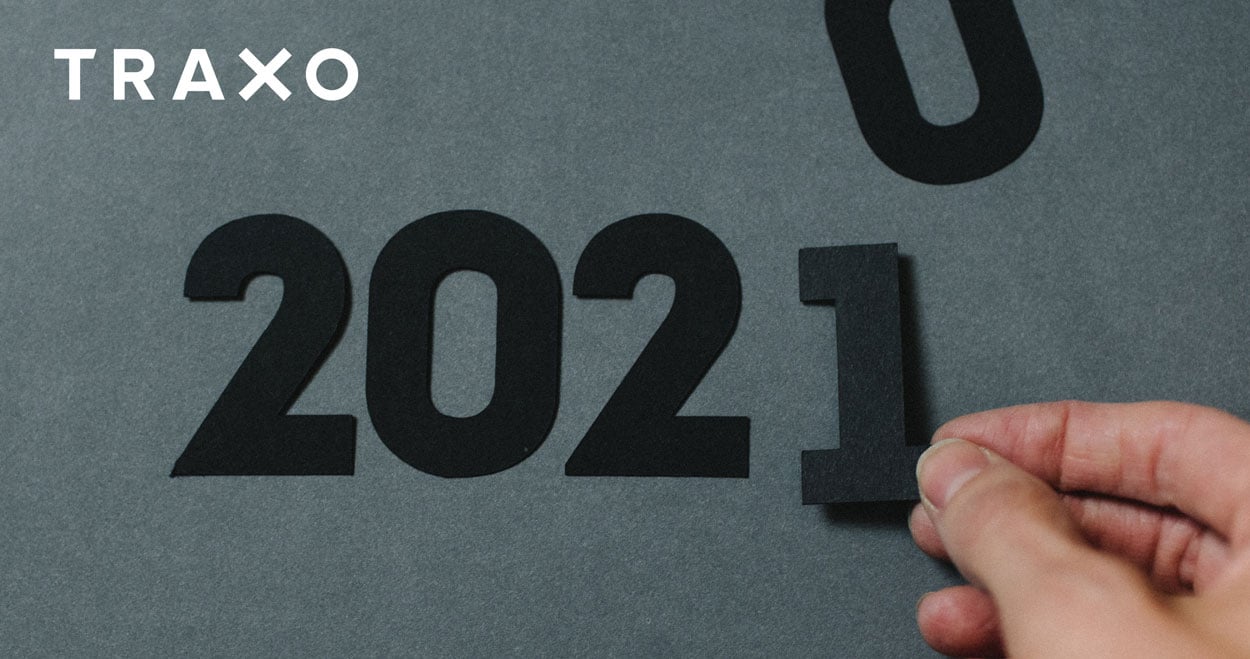
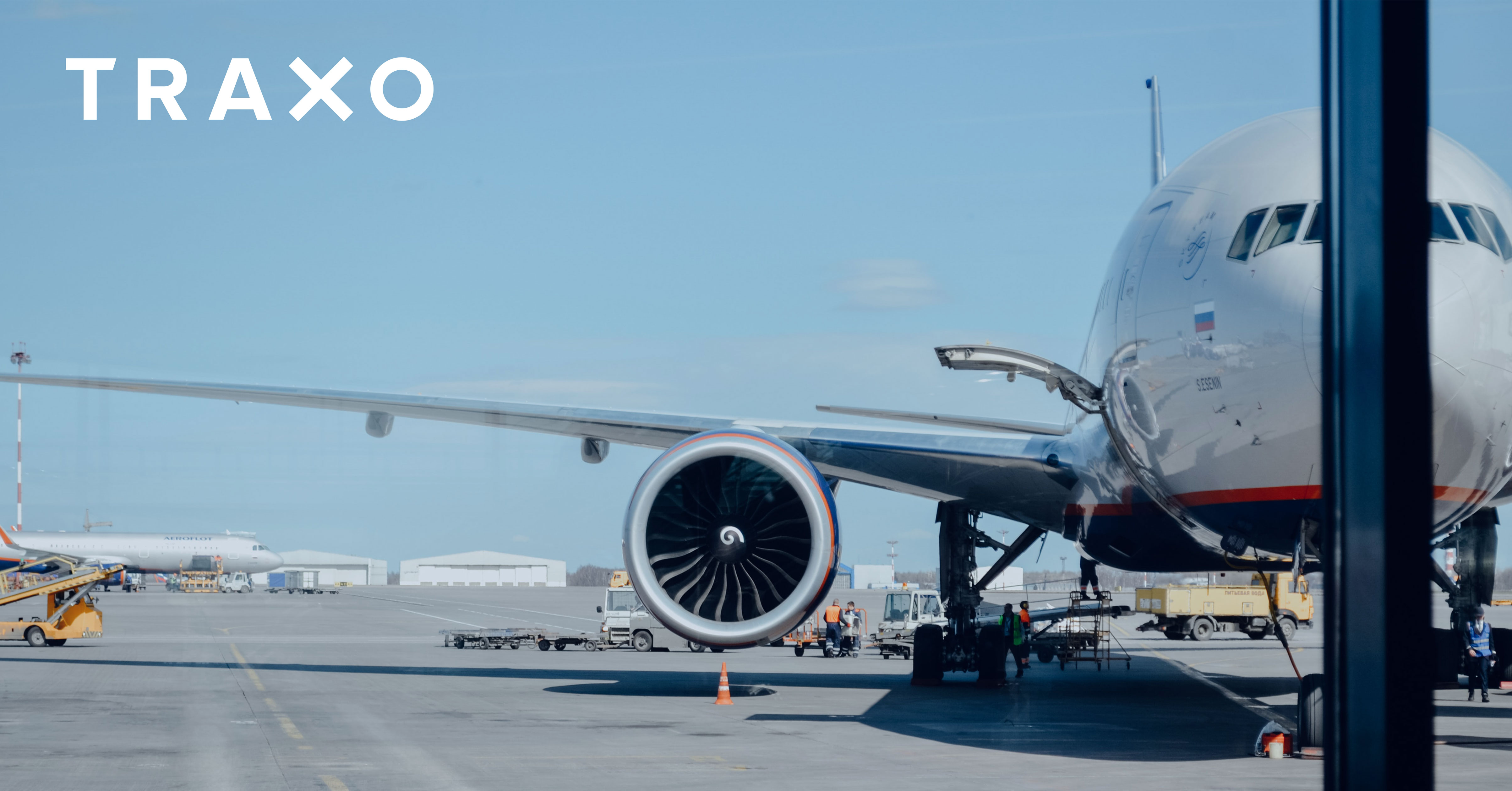
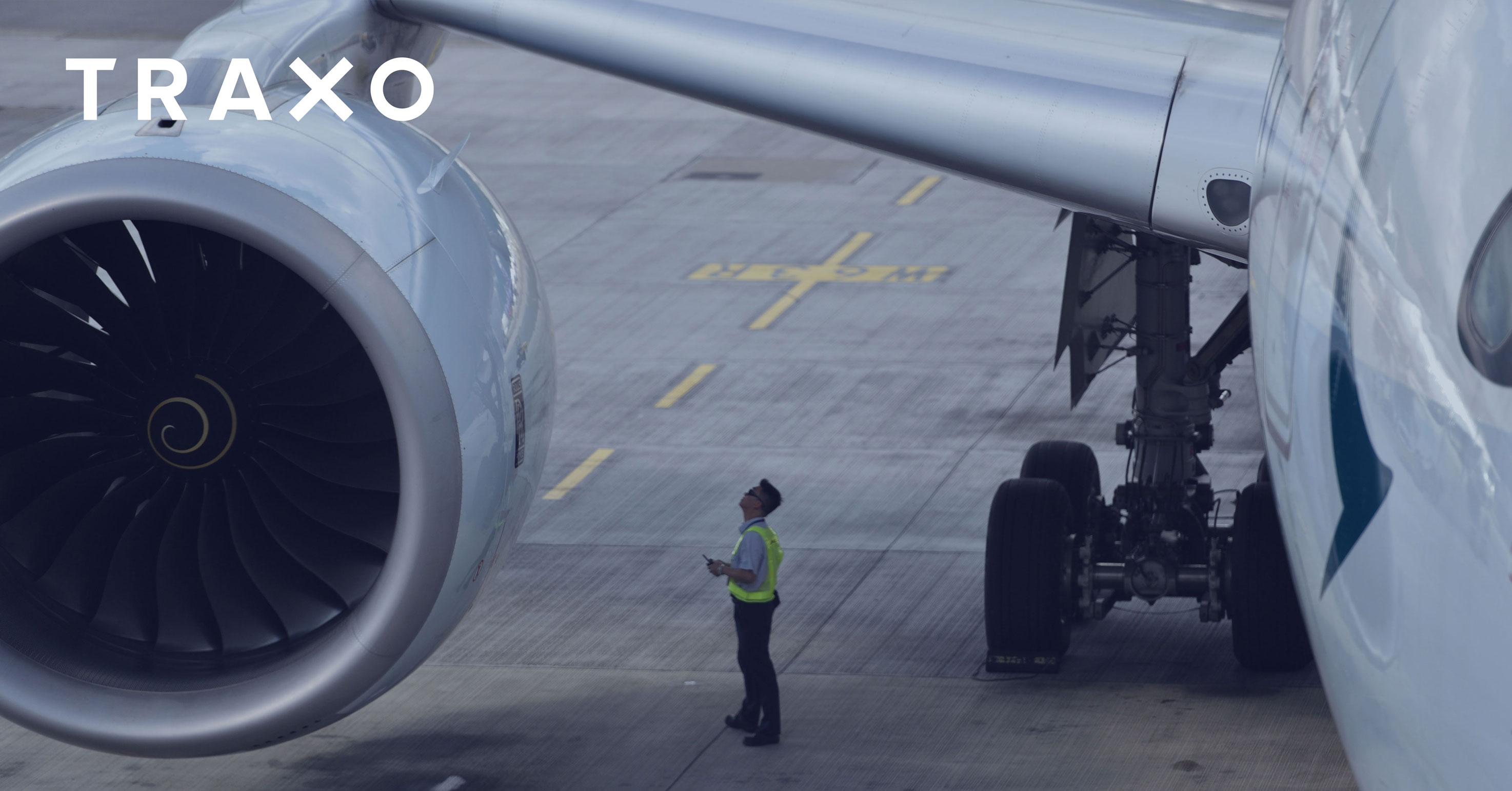




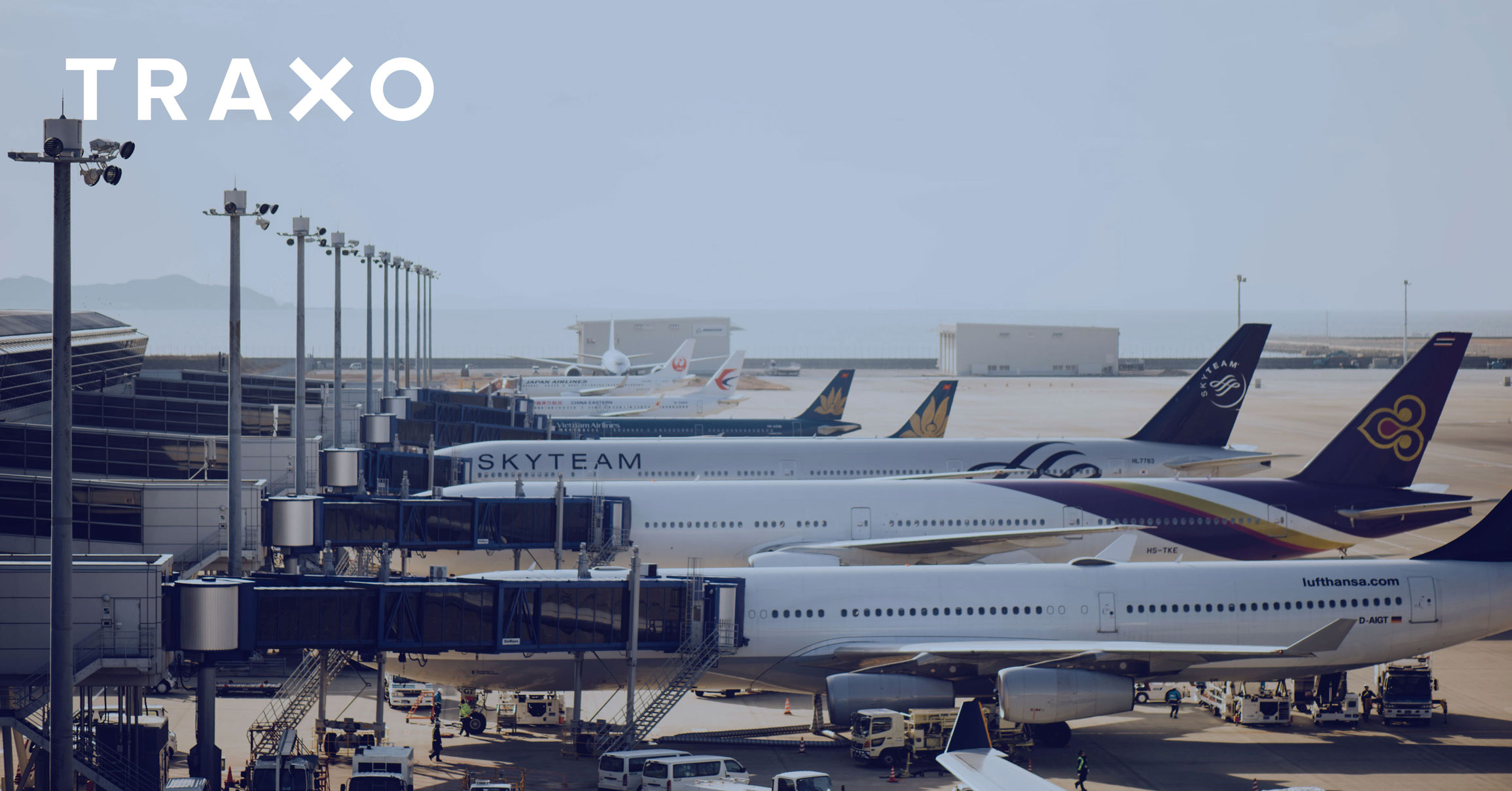


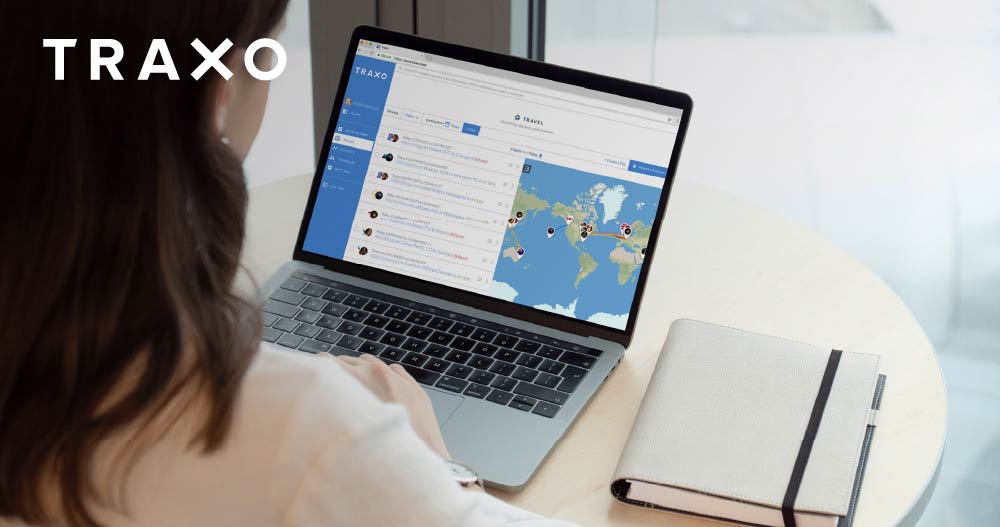





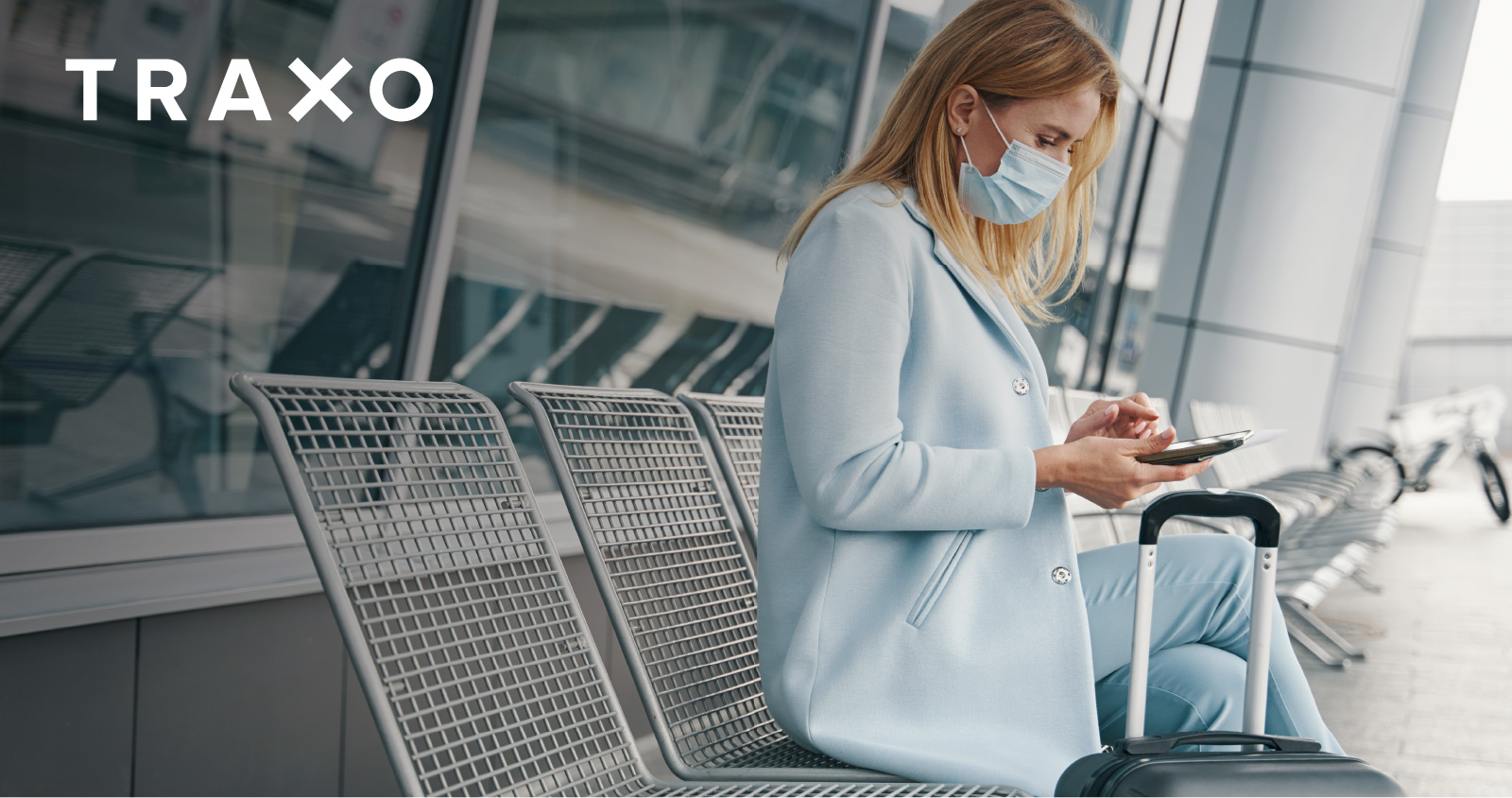
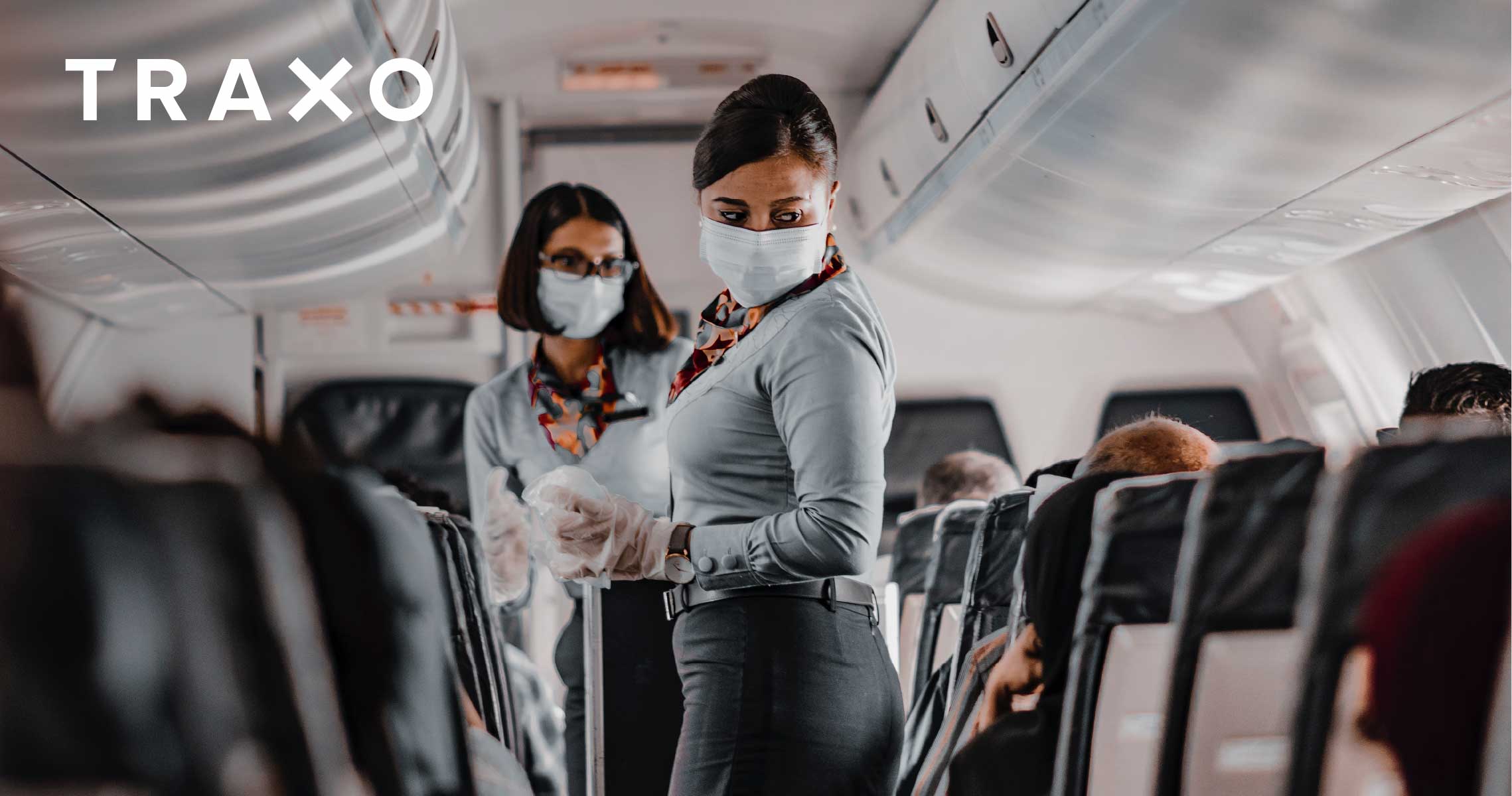

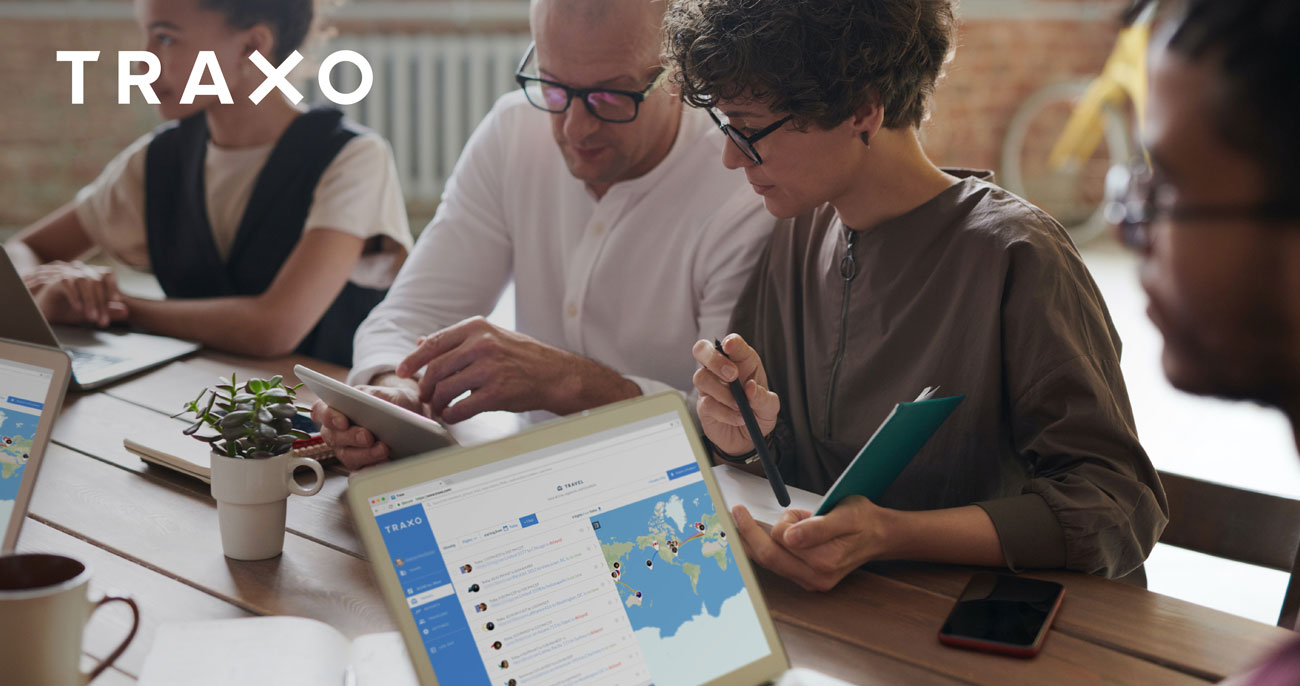
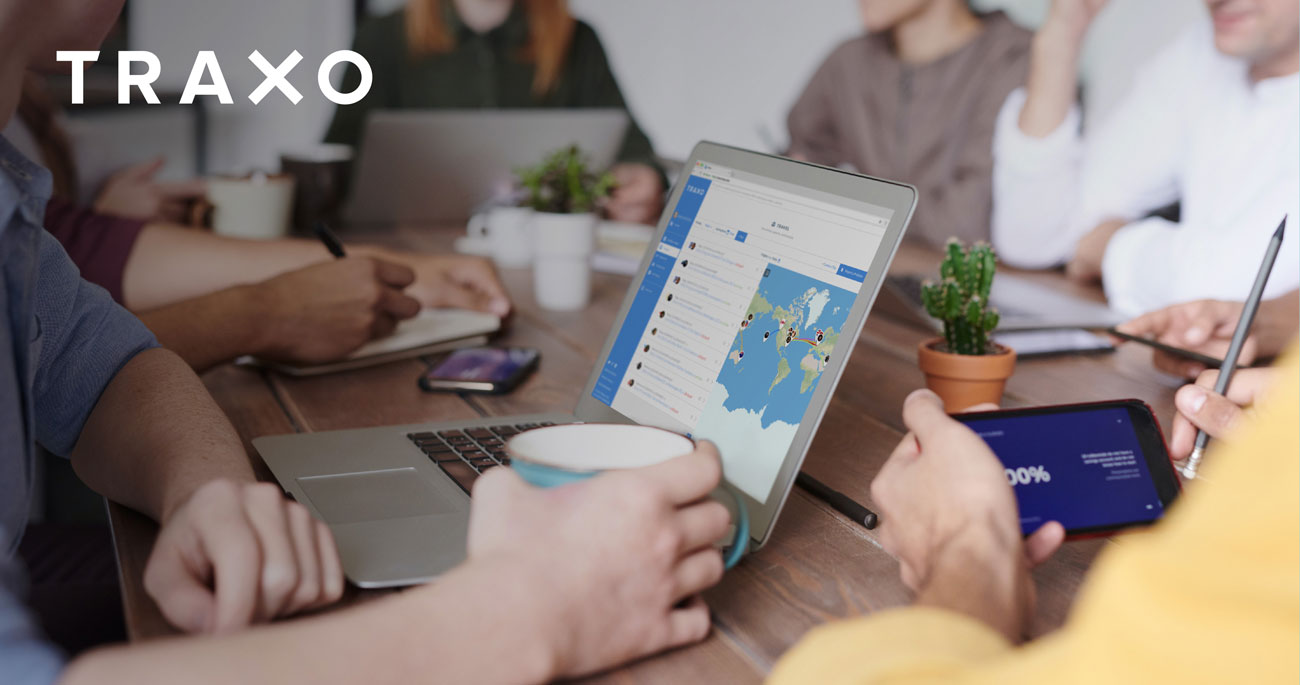



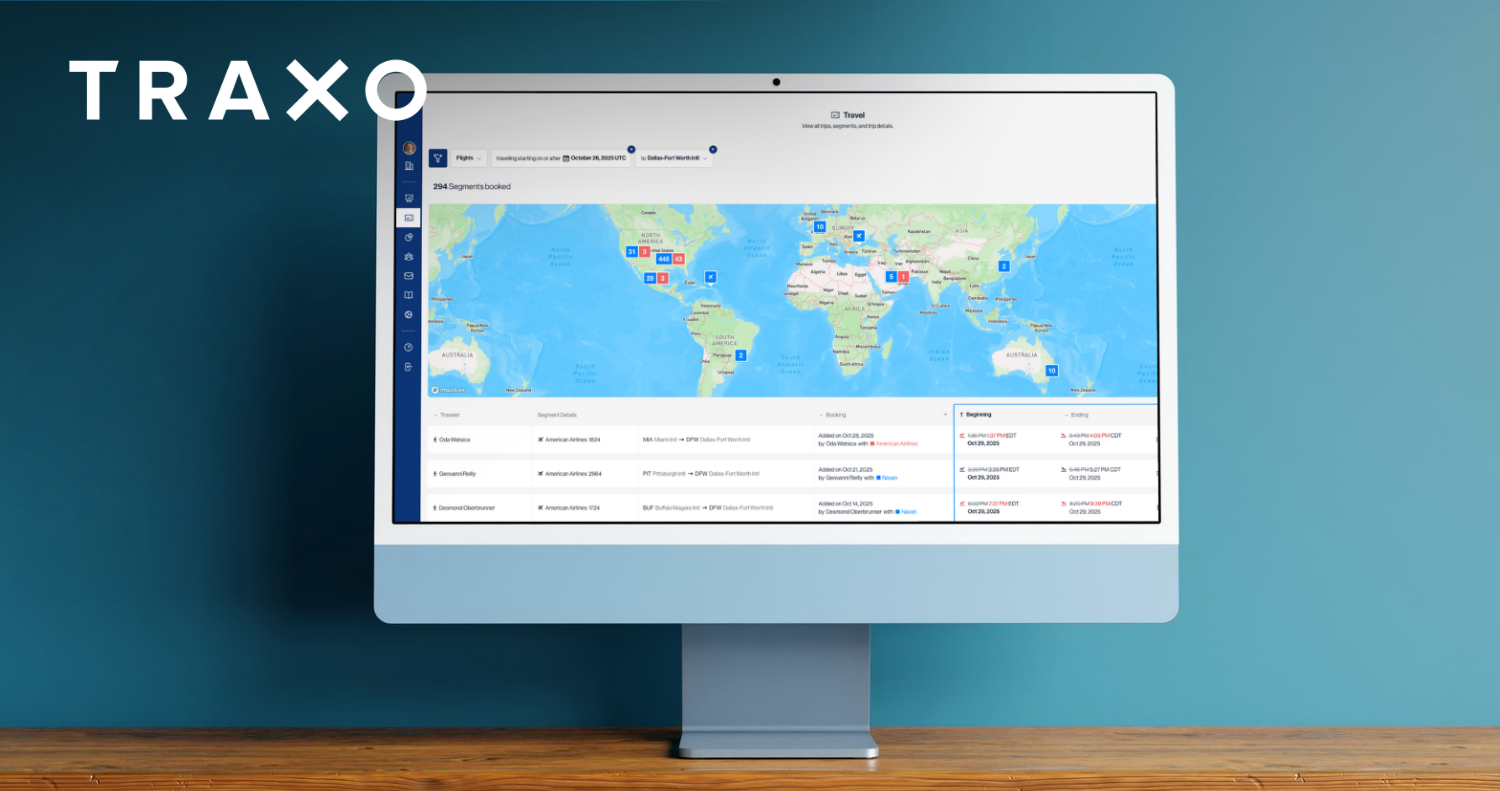
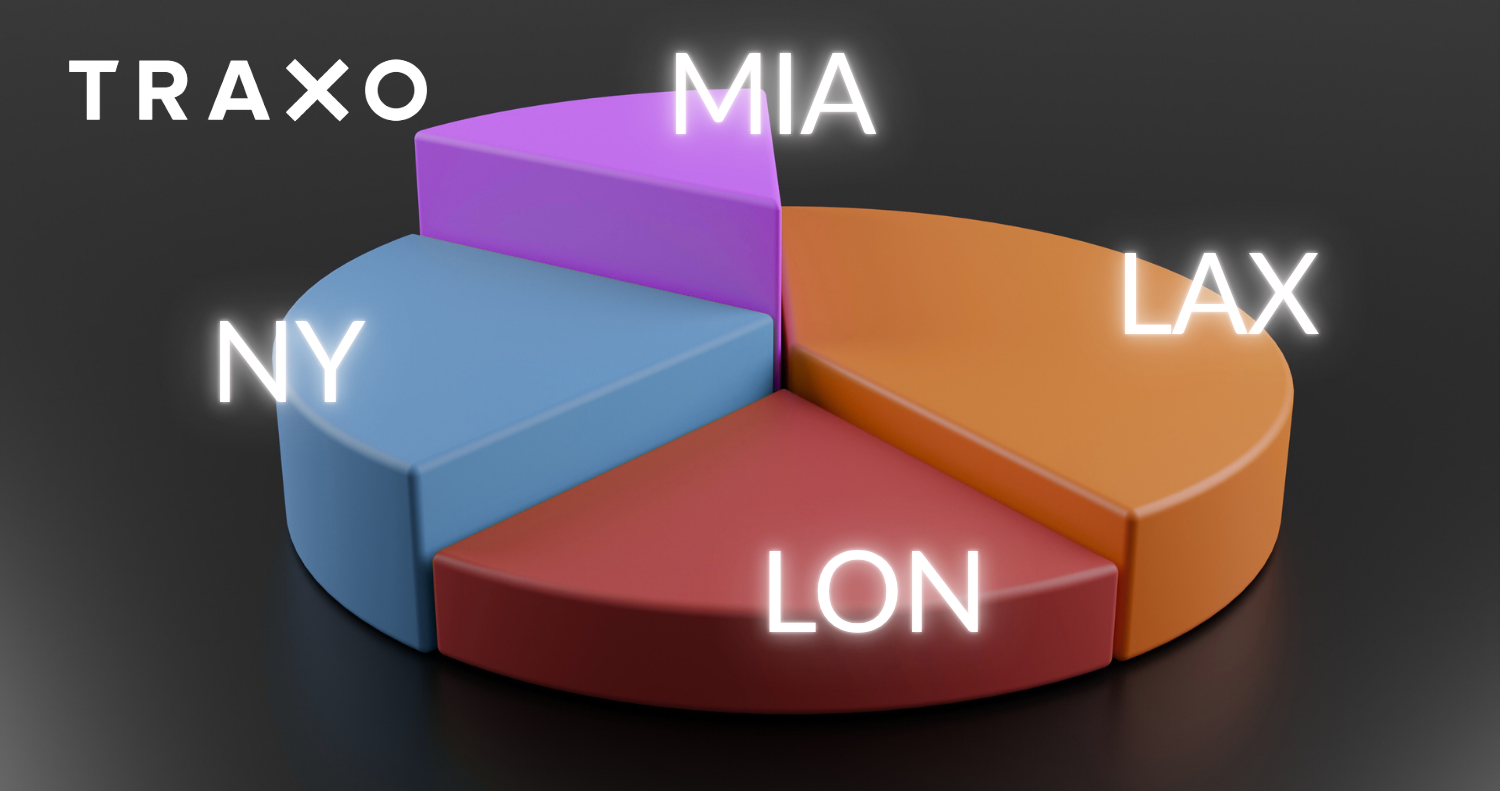
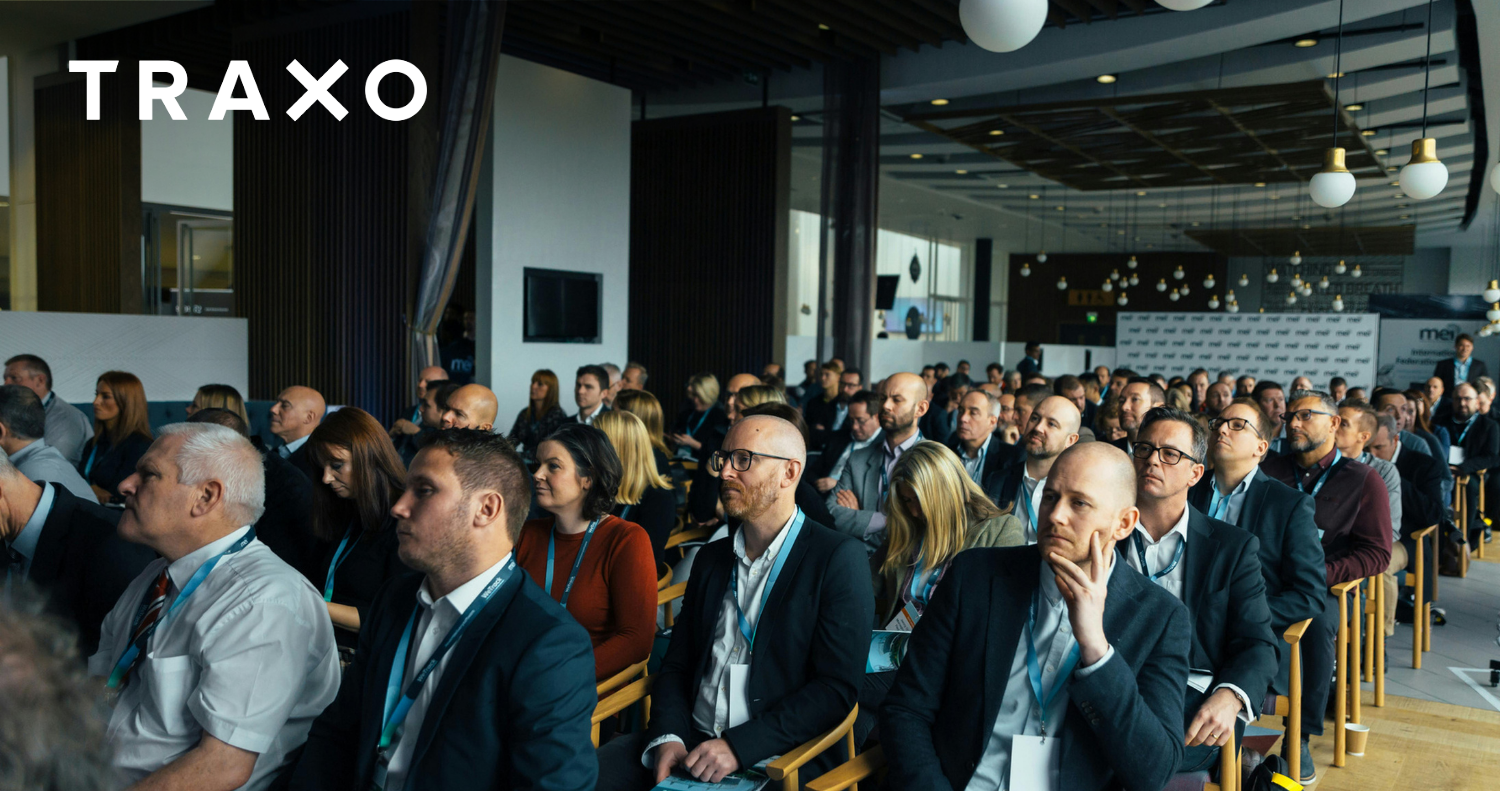

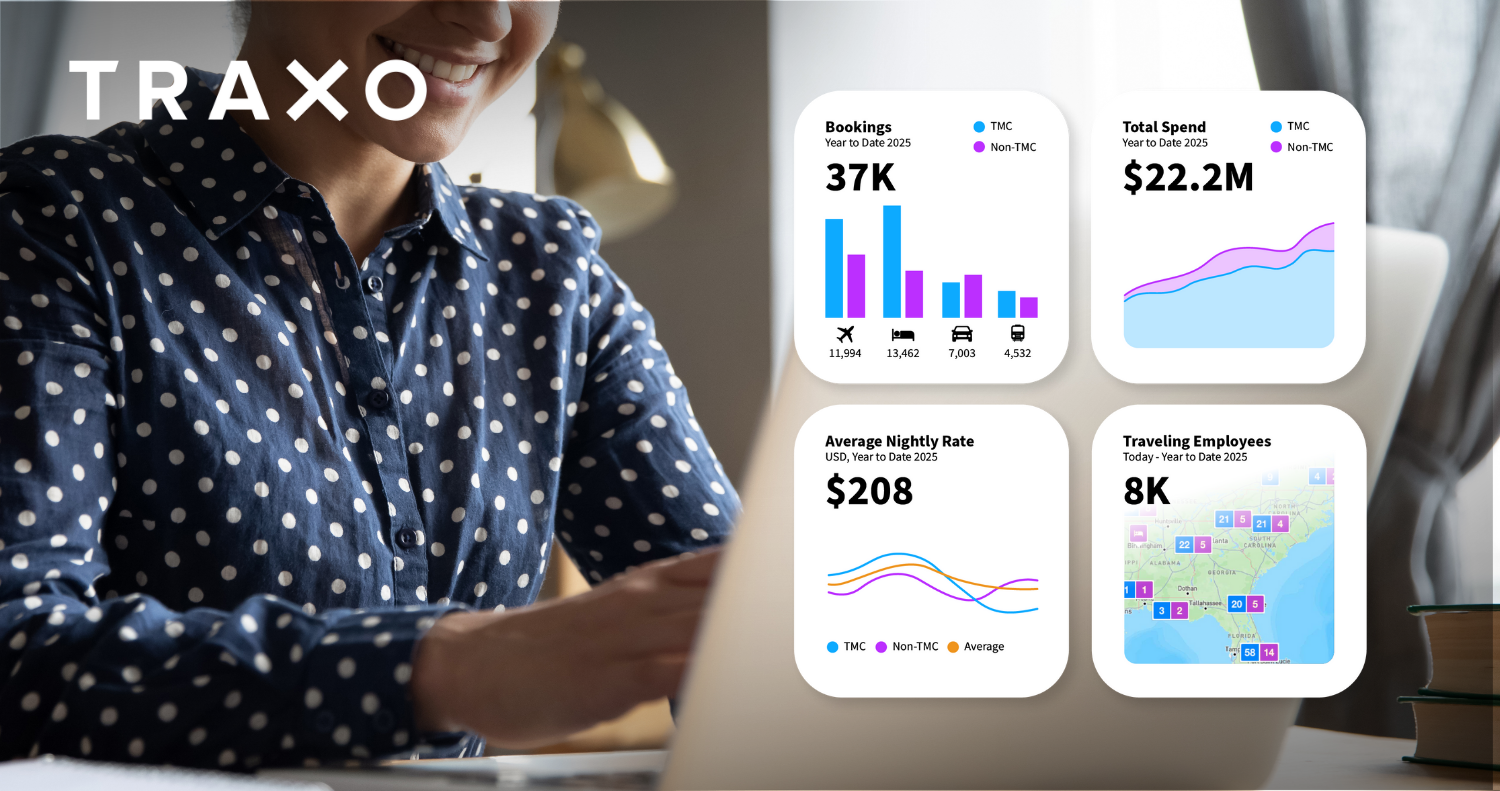
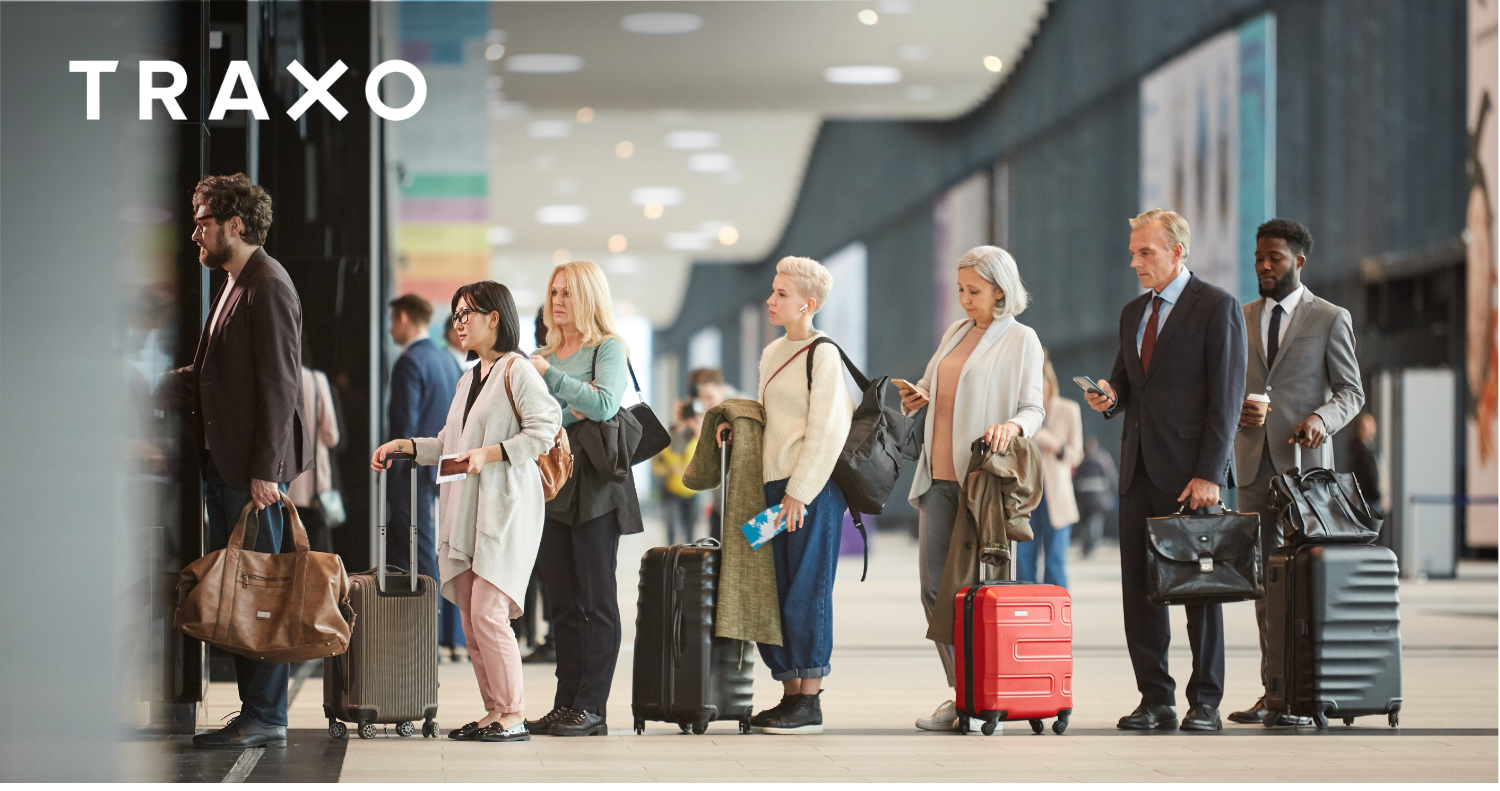


.png)

